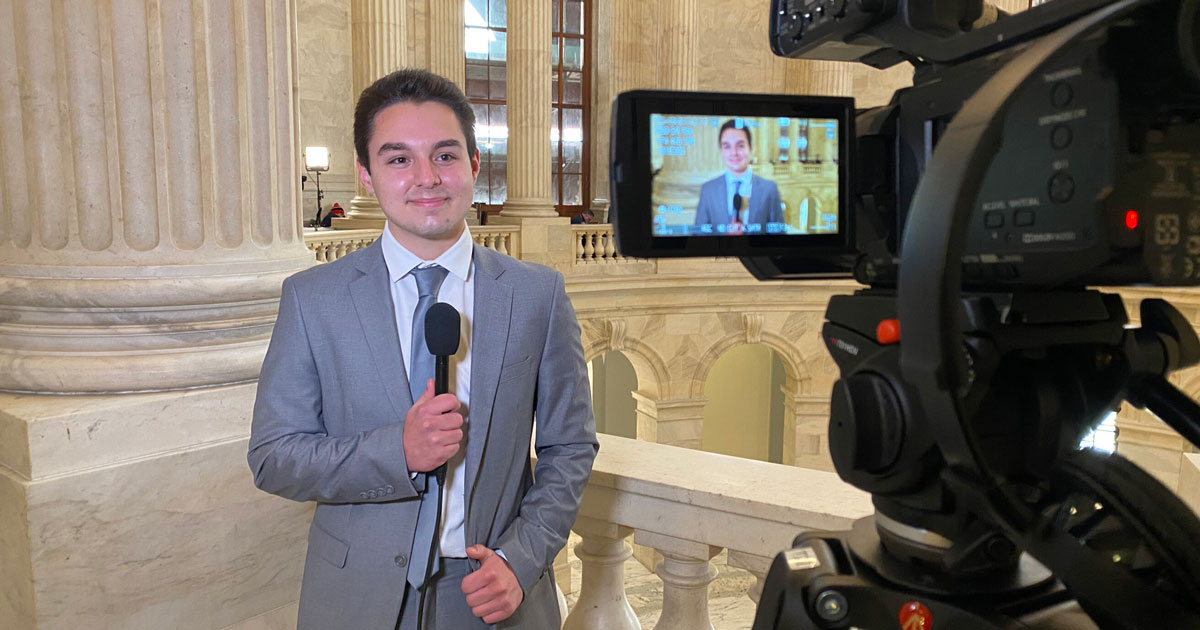In response to a rapidly changing journalism industry, Northwestern University has launched a new five-year dual degree program between the School of Education and Social Policy (SESP) and Medill.
The new offering allows undergraduates to learn journalistic skills in the context of education and social policy, ultimately earning degrees from both schools. Since SESP and Medill prioritize experiential learning, students can choose between Medill’s Journalism Residency or a traditional SESP practicum during their third year in the program.
A community workshop component lets them share what they’ve learned with each other in a participatory and interactive environment, facilitated by experts from both schools.
“Over the last five years, several students have sought an opportunity to match their interest in journalism with their interest in education or social policy,” Medill Dean Charles Whitaker said. “We see many connections in these fields, and we are delighted to be able to provide students with a formal path to pursue these interests.”
The dual degree, which fulfills the requirements of both schools, will help students learn how to use media as a tool for creating change in learning environments, human relationships, organizations, and for social policy movements.
It is designed to prepare students for a wide variety of careers, and targets those who hope to make an impact in the world through communication, policy analysis, and reporting skills.
“Some of them, for example, may be interested in being science writers,” said psychologist and learning scientist David Rapp, the Walter Dill Scott Professor and director of undergraduate education at SESP.
“How do they convey the accuracy of a vaccination procedure to communities who might not be amenable to it?” Rapp said. “If students opt to serve in a role where they need to testify in front of the government, how do they provide evidence in accessible terms to folks who might not be scientists? The dual degree would support that.”
Rapp, who studies fake news and how to overcome it, said joint courses will eventually be offered. “Our students want to know how they can take what they’re learning about individuals and communities and make change in real world settings by addressing real world issues,” he said.
Students would earn a Bachelor of Science in Journalism and a Bachelor of Science in Education and Social Policy. In addition to social policy, they can select any of SESP’s undergraduate concentrations, including elementary and secondary teaching, learning and organizational change, learning sciences, and human development in context.
Undergraduate applicants can apply to the dual-degree program when they apply for admission to Northwestern, and current students can follow the process through the Registrar’s Office to request to add an additional bachelor’s program. All students in the program would complete all requirements for both degrees.
“Fundamentally, the School of Education and Social Policy prepares leaders,” said SESP Dean Bryan McKinley Jones Brayboy. “Many come to us with this drive and they’re interested in community and relationships. Our job is to create the conditions for students to lead whatever lives they wish, and the new dual degree program with Medill is another piece of that.”
To learn more, contact:
- Ian Williams at the School of Education and Social Policy
- Daniel MacKenzie at Medill
